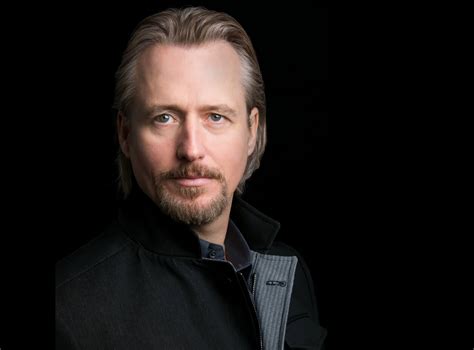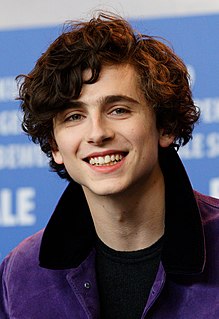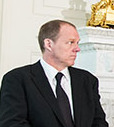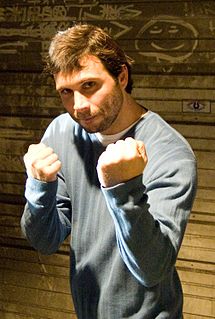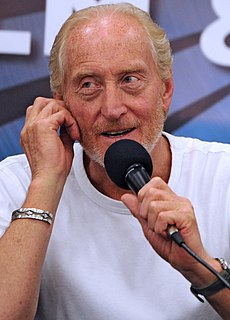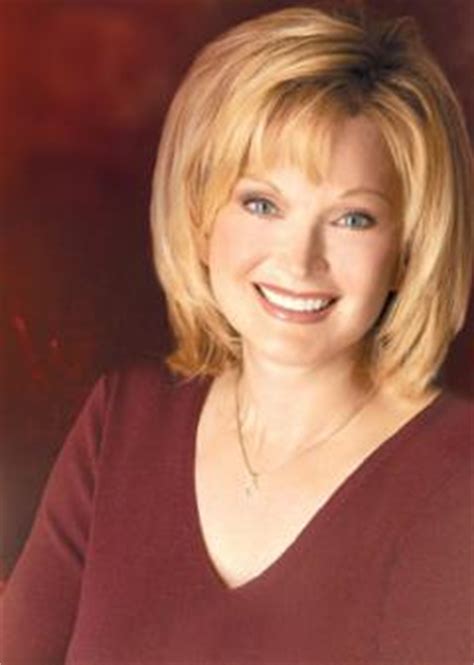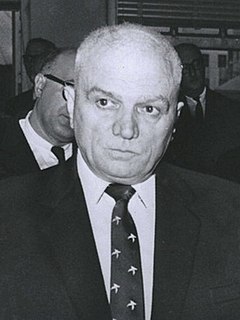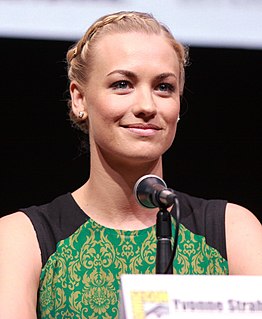A Quote by Linus Roache
Every time you get a script and you have a scene, you start mining out how many layers there are within it.
Related Quotes
I don't think that any scene [in Pineapple Express] is word for word how you'd find it in the script. Some of it was much more loose than others. The last scene with me, Danny [McBride] and James [Franko] in the diner - there was never even a script for that scene. Usually we write something, but for that scene we literally wrote nothing.
There are so many varieties of films. You've got the jet-lagged films, where you fly to Bulgaria or wherever and get off the plane, and they bring you right to the set, and you start working, even though I don't even know my name, it's been such a long flight. Then there's the alimony films. But after you've been doing this long enough, you've gotten into every kind of situation you can imagine, even to the point where there is basically no script, so you have to kind of do it scene by scene and survive.
I have a shoebox: for ideas, fragments, snatches of conversation I hear. I scrawl it down, throw the scraps in the box. Every time I start a new script I start picking through the pieces. Suddenly you get five pieces together and think: this is almost the first Act of a movie, if I flesh it out a bit.
Most times you do a movie every place except for what the camera sees is just a mess with the lights, people, and cameras so you get used to it. There is no way to shut that out, there is always a constant reminder of how many people it takes, what is going on and how many elements that goes into making this scene look right.
Everything in Louisiana is about layers. There are layers of race, layers of class, layers of survival, layers of death, and layers of rebirth. To live with these layers is to be a true Louisianian. This state has a depth that is simultaneously beyond words and yet as natural as breathing. How can a place be both other-worldly and completely pedestrian is beyond me; however, Louisiana manages to do it. Louisiana is spooky that way.
When you start out as an actor, you read a script thinking of it at its best. But that's not usually the case in general, and usually what you have to do is you have to read a script and think of it at its worst. You read it going, "OK, how bad could this be?" first and foremost. You cannot make a good film out of a bad script. You can make a bad film out of a good script, but you can't make a good film out of a bad script.
Forgiveness isn't always a one-time thing. There are layers of it that need to be recognized in any situation -especially in a marriage. Sometimes we think we have forgiven, but we don't realize how many layers there are. And if we don't deal with each layer, hardness of heart can set in and build up to monumental proportions.
I think humans are fascinating in general. We're so weird. We do so many quirky things, and we don't even know it. There's just so many layers upon layers of nuances in everything we do, and the most fun part as an actor is trying to get into all those nuances, whether they're conscious or unconscious.
